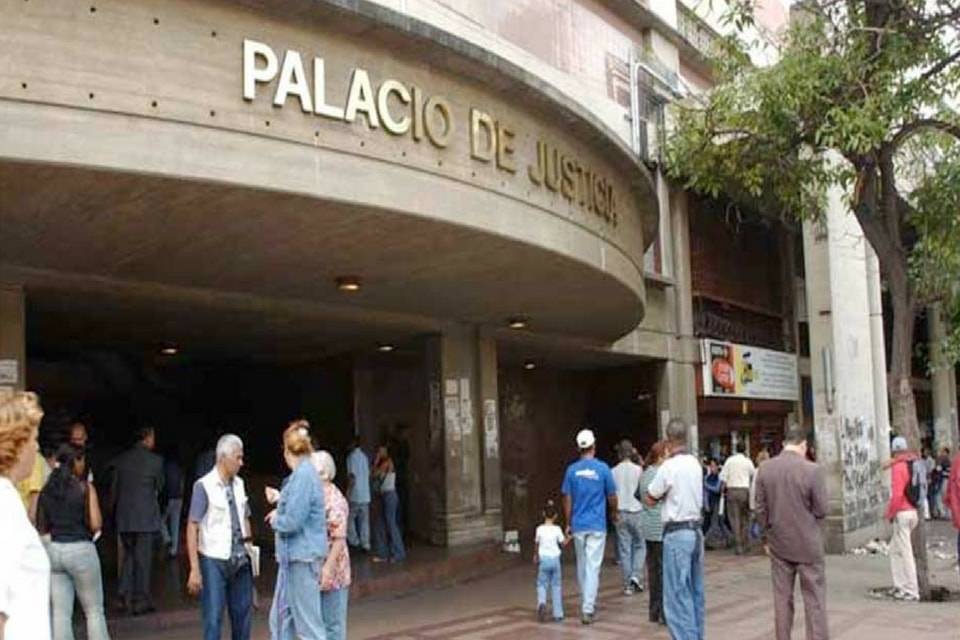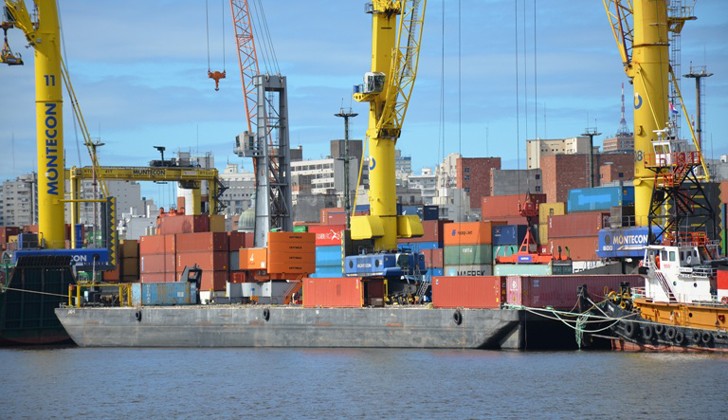The report points out that the courts are not the only members of the judicial system with problems. Therefore, the report also refers to the situation of the Public Ministry and the Public Defense
The Non-Governmental Organization (NGO) Access to Justice He presented his report called “The Administration of Criminal Justice in Venezuela” where they exposed the dire state in which the judicial entities of the country find themselves due to external factors that end up intervening in their development.
The civil association expressed that for the preparation of this investigation, various reforms that the national legal framework has undergone in the last two decades were analyzed, as well as their impact on the work of the agencies: police, Public Ministry (MP) and Judicial Power.
They also added that reports from national and international organizations on the matter were also consulted.
In the document, the NGO specified that during the Chavista period “law and justice were instrumentalized from power to obtain political ends,” to which they added that Venezuelans are unprotected not only from the action of crime but from the State “because the institutions in charge of investigating and prosecuting any crime are not capable of carrying out said work.”
“The criminal justice system exists, but not to prevent and punish the commission of crimes, but to repress opponents, critics or those who are perceived as such,” the report denounces.
According to Acceso a la Justicia, the diversion of the judiciary began after the entry into force of the 1999 Magna Carta, after the process to appoint the magistrates of the Supreme Court of Justice (TSJ) was not fully complied with. . “Which produced a cascading effect towards the rest of the justice administration system,” they said.
“The TSJ has never been appointed as established by the Constitution, which has given rise to a body totally dependent on political power (…) Which over time has led to the disappearance of the rule of law in Venezuela,” the report states.
Likewise, they recalled that since the end of 2003, the opposition contests ordered by the Constitution for the appointment of judges have not been held in Venezuela, “because the TSJ has not convened them again.” Instead, they have chosen to make temporary and provisional appointments, through the Judicial Commission.
“Of the 844 criminal judges in the country, only 164 are permanent (19.43%) and 609 are provisional (72.16%)”, such a situation opens the door for judges to be pressured to make decisions , “regardless of what the laws say and the evidence they have in front of them, under penalty of losing their jobs.”
*Also read: Political prisoners Walter Mayorga and Marller González are released after six years in detention
The report points out that the courts are not the only members of the judicial system with problems. Therefore, the report also refers to the situation of the Public Ministry (MP) and the Public Defense (DP).
In the case of the MP, the investigation indicates that since the entry into force of the 1999 Constitution, it has also been controlled by Chavismo, while its powers have been reduced through a series of legal reforms or rulings by the TSJ.
Regarding the DP, its lack of independence is also highlighted and it is recalled that both the International Independent Fact-Finding Mission (MDH) on Venezuela and the office of the United Nations High Commissioner for Human Rights have expressed their alarm at the tendency of judges and prosecutors to pressure those involved in criminal justice, especially if they are victims of human rights violations, not to appoint their own lawyers and to resort to those provided by the State, and if they do not to do so they are threatened with reprisals: such as the prohibition of access to the file, giving them timely information about the hearings and/or harsher sentences.
Post Views:
613








